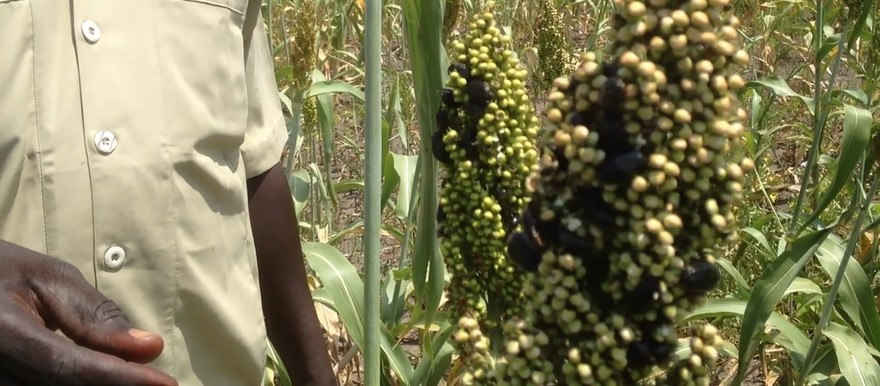The agriculture director in Fashoda County has warned of a lack of pesticides in the county, which threatens to affect an otherwise successful agricultural season.
Fashoda County, situated on the left bank of the Nile in northern South Sudan, cultivates sorghum, maize and beans. Produce from irrigated schemes is generally moved to market by barge, owing to poor roads.
The current agriculture season in the county is being described as successful despite of lack of rains and pests.
Engineer Oyiech Along, the director of the county agriculture department,told Radio Tamazuj that 7,000 acres of sorghum were planted this year compared to 5,000 last year – but predicted that pests will affect crops due to delay of pesticide from the national government in Juba.
“Locations of the pests have been identified especially birds in the agriculture schemes in the county,” Along explained.
The engineer disclosed that a team from the state agriculture ministry visited the area recently and promised to proved pesticides. “We are now waiting for an airplane to come and spray pesticide in the farms, as the government promised us,” he said.
The director called on farmers to report any pests and also appealed to the national agriculture ministry to quickly send an airplane to spray the farms with pesticides in order to avert agricultural failure.
“In case the cultivation fails, it will certainly affect our economy because sorghum and maize are constituting the main crops in Upper Nile State,” the official stated.
Photo: Pests eating a sorghum crop in Upper Nile State, October 2013 (Radio Tamazuj)




